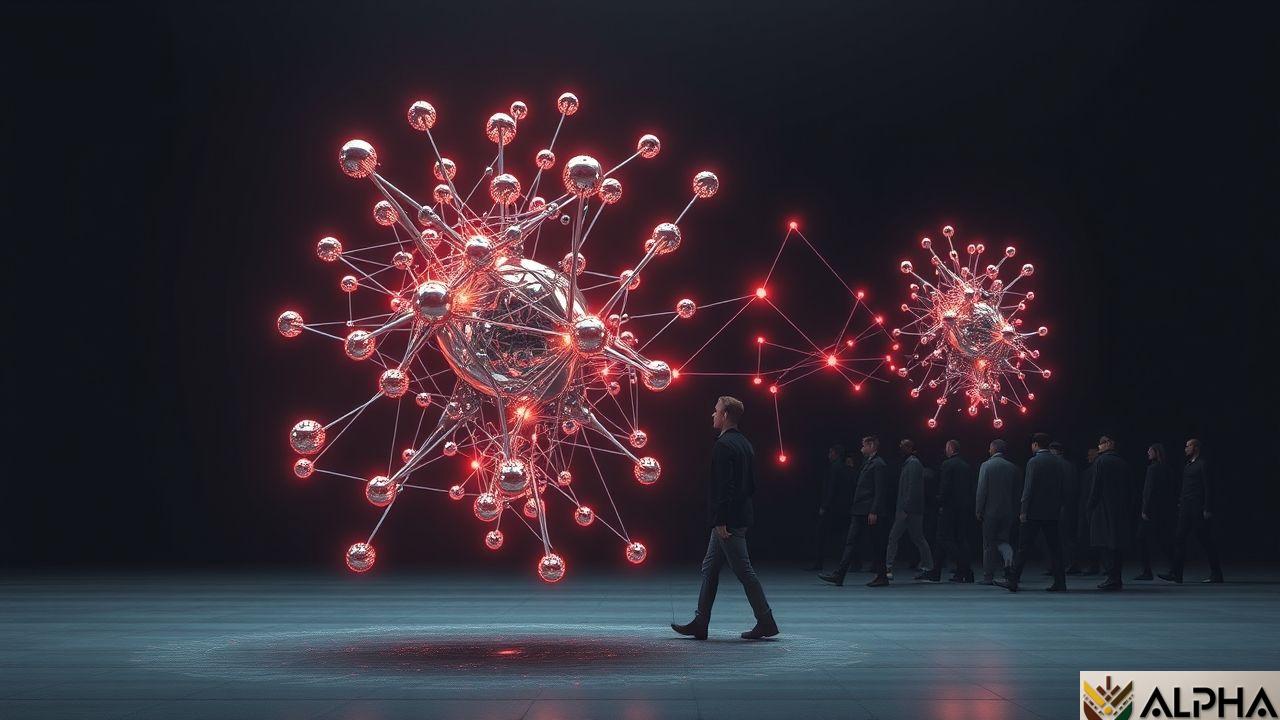Revolutionizing Molecular Dynamics: AI’s Leap Forward
Revolutionizing Molecular Dynamics: AI’s Leap Forward
The field of molecular dynamics (MD) simulation is undergoing a dramatic transformation, thanks to the burgeoning power of artificial intelligence. Traditionally a computationally intensive process, MD simulations are now being accelerated and enhanced by AI, opening up new avenues of research and discovery.
The AI Advantage: Speed and Scalability
Conventional MD simulations rely on sequential numerical integration, a process that can be incredibly time-consuming, especially for complex systems. AI-powered approaches offer a significant speed advantage, often exceeding traditional methods by orders of magnitude.1 This is achieved by directly predicting molecular trajectories, bypassing the need for computationally expensive force calculations.
This leap in efficiency is particularly crucial for exploring vast chemical spaces and investigating the behavior of large biomolecules, such as proteins, which were previously intractable using classical methods. The increased scalability allows for simulations that were previously impossible.
MDtrajNet-1: A Groundbreaking AI Model
One example of this innovative technology is MDtrajNet-1, an AI model designed to generate MD trajectories directly. This model employs equivariant neural networks and a Transformer architecture to achieve high accuracy and transferability across a wide range of molecular systems.1 Remarkably, the accuracy of MDtrajNet-1 approaches that of conventional ab initio MD, a significant achievement considering the dramatic increase in speed.
Applications Across Diverse Fields
The implications of AI-accelerated MD simulations are far-reaching. Across various scientific disciplines, from materials science to drug discovery, these advancements are providing invaluable insights. In drug discovery, for instance, faster simulations allow for quicker evaluation of potential drug candidates, leading to more efficient drug development processes. In materials science, it allows for the design of novel materials with enhanced properties.
- ✓ Improved drug discovery through faster candidate evaluation.
- ✓ Accelerated materials science research.
- ✓ Enhanced understanding of complex biological systems.
Looking Ahead: The Future of AI in Molecular Dynamics
The integration of AI into molecular dynamics is still a rapidly evolving field, and further advancements are on the horizon. Future research will likely focus on refining the accuracy and generalizability of AI models, exploring new architectures, and developing more efficient training strategies. This will undoubtedly lead to more accurate and efficient simulations, unlocking even greater scientific discoveries.
Points to Remember
- ✓ AI significantly accelerates MD simulations, enabling studies of larger and more complex systems.
- ✓ Models like MDtrajNet-1 demonstrate high accuracy while dramatically improving speed.
- ✓ Applications span numerous scientific disciplines, promising breakthroughs in diverse fields.
- ✓ Continued research promises even more powerful and accurate AI-driven MD simulations.
Sources
Share this content:














Laisser un commentaire